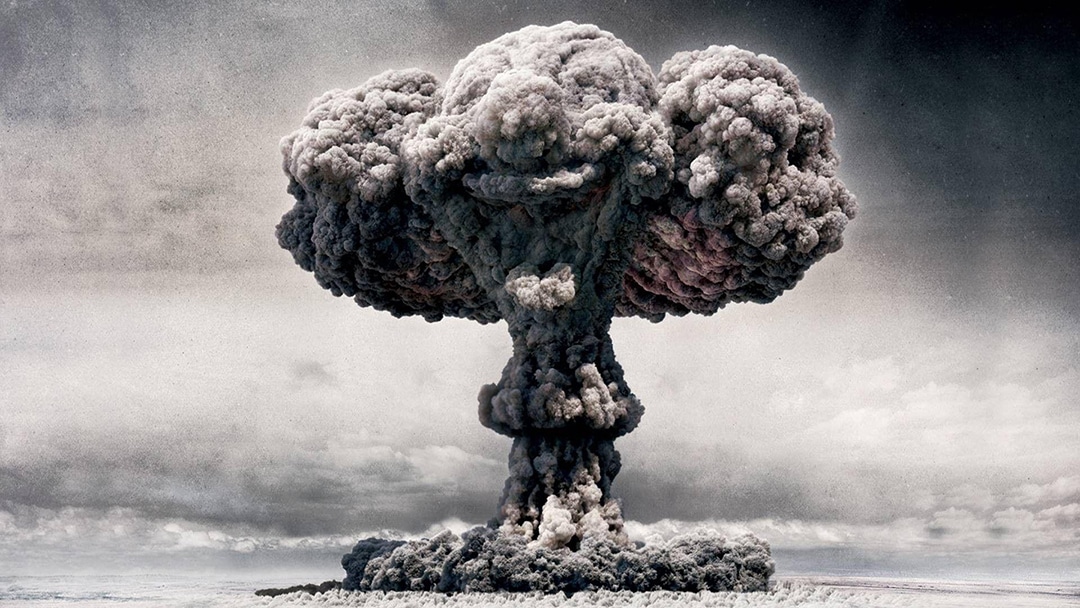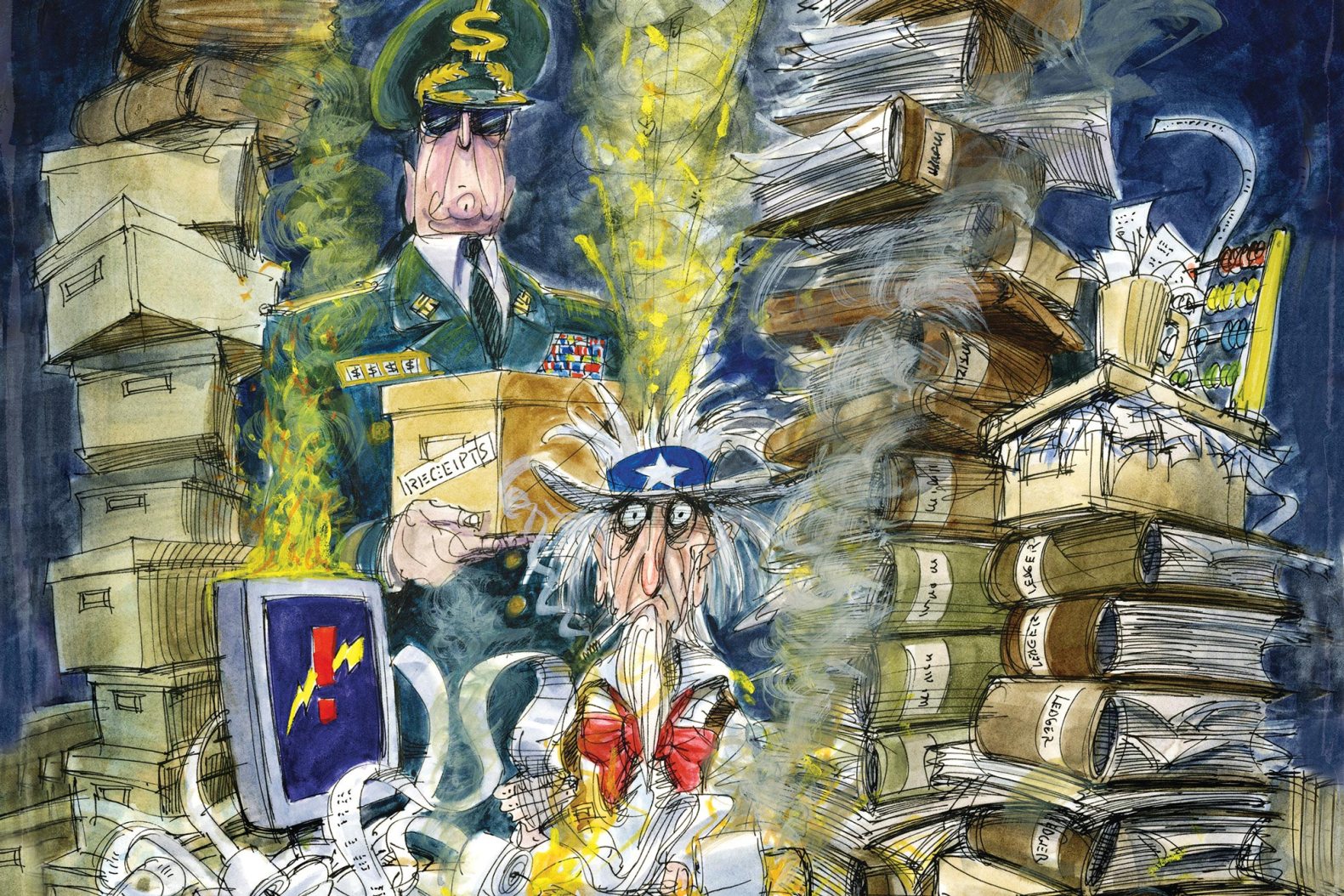

Paul Krugman
Putin-Loving Bigots Must Stop Whining About Defense Spending and the Economy
by Matt Taibbi | Nov 7, 2023
New York Times columnist Paul Krugman writes:
Voters… seem to be growing more one-dimensional. To take one widely discussed example, views of the economy… have become wildly partisan. Right now, self-identified Republicans mostly believe that unemployment, which is near a 50-year low, is actually near a 50-year high, and assess current economic conditions as being worse than they were in 1980, when both inflation and unemployment were much worse than they are now.
The U.S. Census Bureau’s Pulse Survey report, which is based on 72,839 responses to over a million questionnaires, just released estimates for Americans having trouble paying for basic household expenses in the previous seven days. The breakdown:
- A little difficult”: 65,966,799
- “Somewhat difficult”: 50,244,137
- “Very difficult”: 43,975,466
They must all be Republicans, buying QAnon tees instead of milk and bananas. Economic mystery solved! In seriousness: dismissing “economic anxiety” as right-wing fantasy is nothing new, but the infuriating new twist is calling economic complaints a treasonous offense to Fortress America. Like it or not, Krugman was once the columnist who most dependably argued that America could afford any amount of social spending. Now, as Covid-era assistance programs like SNAP benefits, child care tax credits, the CHAP housing assistance program wind down, his angle is we can afford more investment in “large-scale conventional warfare,” whose era “isn’t over after all.” From the author of The Conscience of a Liberal:
Do we have a hugely bloated military budget? No doubt the Pentagon, like any large organization, wastes a lot of money. But recent events have made the case for spending at least as much as we currently do, and perhaps more.
Those complaining about spending in Ukraine should pipe down, Krugman added, because military spending as a share of GDP is smaller than in Ike’s day, and saying we can’t afford war is “effectively giving Vladimir Putin victory.” He has similar gripes with those on the “far left” who think “merchants of death” in the arms business inspire interventionist foreign policy. Such irrationality is borne of analyses that are “generations out of date,” he says, and naysayers should see how wonderfully both Javelin anti-tank missiles and Lockheed’s HIMARS rocket launchers are performing in Ukraine before criticizing Pentagon “bloat.”
The “defense spending is really declining as a share of GDP” bit was not long ago a reviled rhetorical tactic in progressive circles. (At Rolling Stone I heard an activist group give a presentation on this “GOP talking point”). When Newt Gingrich said something similar in 2011, he earned a “Pants on Fire” rating from Politifact, which added, “A few Republican presidential candidates are even calling for increased military spending as they rally the base in anticipation of next year’s primaries.” The Iraq War was unpopular in media then and calls for defense hikes seen as red meat for GOP xenophobes.
Now, increased military spending is being repackaged as progressive conceit, and the hesitant are not just giving succor to Vladimir Putin, they’re extremist “horseshoe theory” bigots — including me, apparently:
Horseshoe thinking persists because there are still some ways in which it seems to match experience. There really are personality types who veer between extremes, denouncing Goldman Sachs as a vampire squid one year, then resurfacing as a political propagandist for Elon Musk later.
And the horseshoe theory has been given a big boost by recent events. As many have noted, the far left and the far right seem increasingly united in antisemitism. Funny how that always happens.
Is there anything that hasn’t been described as bigotry on the Times op-ed page by now? We’ve had Trump obviously, but also the “religion of whiteness,” Jeremy Corbyn, Bernie Sanders calling himself “the son of a Polish immigrant,” France, Abraham Lincoln, and a long list of other things. Now we’re adding opposition to defense spending? Saying you can’t afford groceries? How wide is the circle of deplorable opinions going to get?
A quick end note: having covered the 2008 crash and the ensuing presidential races, it was obvious resentments driving both the Trump and Sanders campaigns came in significant part from people tired of being told they hadn’t been screwed by Wall Street in the mortgage securities orgy. Similar slobbering editorial apologies for the politicians in both parties who bailed out the most culpable firms created clear additional political opportunities for populists. Because so few pundits have friends from truly broke-ass places, they didn’t believe that anger was out there, and were totally taken by surprise by the “burn it down” vote that showed up in 2016.
Instead of realizing the mistake, people like Krugman are again pretending things are rosy. You don’t need to live in the projects as a corrective, but at least read what’s out there. In May, the Fed put out its tenth Survey of Household Economics and Decisionmaking (SHED) report, polling 11,000 adults last October. “The 2022 survey,” the Fed wrote, “found that self-reported financial well-being was among the lowest levels observed since 2016.” People who reported being worse off financially than the previous year rose to 35%, the highest in the history of the survey. The Fed’s Community Advisory Panel added that “expenses for the low wage workers that we care about are exceeding their income,” one in three families can’t afford diapers, and people increasingly eschew retail for “entities like Goodwill.”
According to the St. Louis Fed, however, there was good news. Americans under 35 increasingly avoid payday lenders. The small downside: they were selling plasma to compensate! Even the most recent Survey of Consumer Expectations from the New York Fed showed more households “reporting being worse off than a year ago.”
Whatever fluctuations you see in stats like GDP, the overall picture of large pluralities of Americans not being able to cover, say, an unexpected $400 cost — 37% at last check — has long been a societal anvil, and a major driver of political instability. Denying this obvious truth is bad enough, but adding the insult of calling people in this position traitors and Putin-lovers is a recipe for revolt. The Times might want to start handing out anti-pitchfork vests.





0 Comments